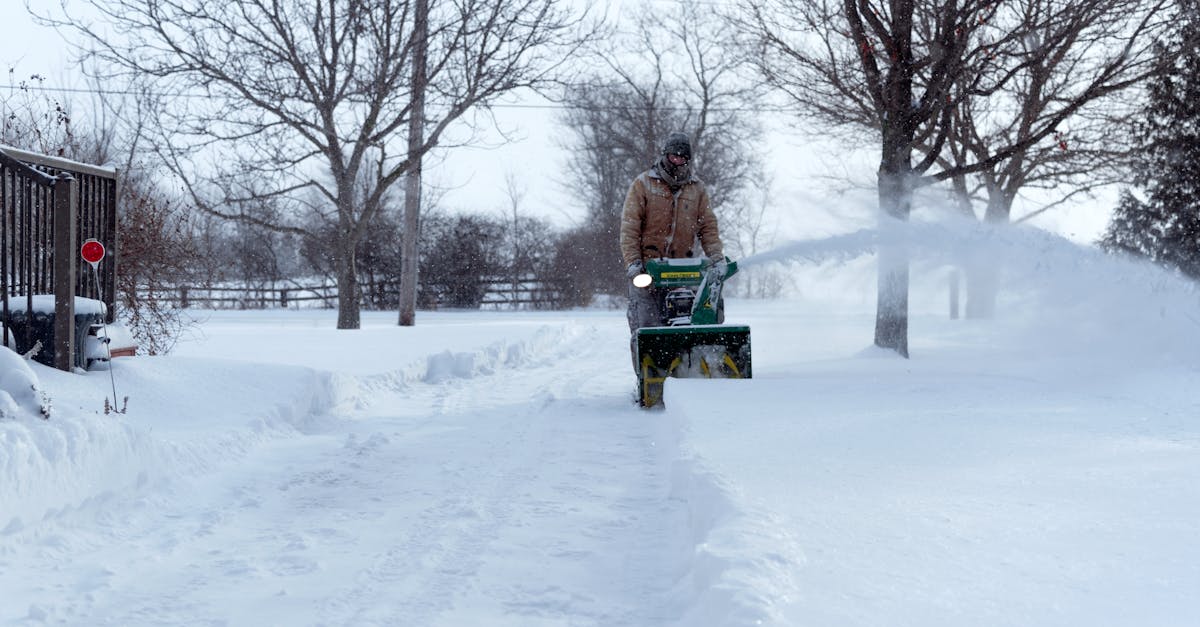
Table Of Contents
At Dry Fast, we understand that lingering odors can be one of the most challenging aspects of water damage, often masking the true extent of the problem. Our Odor Removal service is designed to effectively eliminate unpleasant smells caused by mildew, mold, and standing water, ensuring your space feels fresh and inviting again. We utilize advanced techniques and state-of-the-art equipment to identify and neutralize the source of the odor, rather than just masking it with fragrances. Our experienced team is committed to restoring your environment to its original state, giving you peace of mind and a healthier living space. Trust Dry Fast to tackle even the toughest odors, so you can breathe easily once more.
Steps to Take Immediately After Water Damage
Acting quickly after water damage is crucial to prevent further complications, especially unpleasant odors. Begin by assessing the extent of the damage. Turn off the electricity in affected areas to ensure safety. Remove any standing water using pumps or wet vacuums. This initial step can significantly reduce the chance for mold growth, which is often a source of persistent odors.
Once standing water is removed, it's essential to dry out the affected areas as thoroughly as possible. Open windows and doors to promote airflow. Use fans and dehumidifiers to assist in moisture removal. Materials such as carpets and rugs should be taken outside to dry or discarded if heavily saturated. Proper drying minimizes not only the risk of structural damage but also the development of smells that can linger long after the water has receded.
Initial Actions to Minimize Odor Development
Prompt action is essential when dealing with water damage to reduce potential odors. Start by removing wet materials, including carpets, rugs, and upholstered furniture. Leaving these items untreated allows moisture to permeate deeper, fostering an environment for mold and mildew growth. Discard any materials that cannot be salvaged and dry the rest thoroughly. Using fans and dehumidifiers can significantly speed up the drying process, helping to minimize the retention of unpleasant smells.
Next, focus on cleaning affected areas. Use a mixture of water and mild detergent to scrub surfaces and eliminate contaminants. Pay special attention to corners, crevices, and hidden spaces where moisture may linger. After cleaning, apply a natural deodorizer, such as a vinegar solution or baking soda, to neutralize any remaining odors. By taking these immediate steps, you can significantly reduce the chances of persistent odors developing in the aftermath of water damage.
The Role of Air Quality in Odor Management
Air quality plays a crucial role in managing odors that arise from water damage. Contaminants like mold spores, bacteria, and volatile organic compounds can thrive in damp conditions, leading to persistent smells that are difficult to eliminate. Maintaining good air quality not only contributes to a more pleasant environment but also promotes better health. When air quality is compromised, reactions to pollutants can exacerbate odors, creating a cycle that can be hard to break.
To effectively manage odors, it is important to focus on ventilation and the circulation of fresh air. Establishing a consistent airflow aids in dispersing odors and reduces the concentration of harmful particles. This can be achieved by opening windows, using fans, or installing air purifiers. Proper air filtration systems can also help capture and neutralize airborne contaminants. Investing time and resources in these methods will significantly enhance the effectiveness of odor removal efforts.
Improving Ventilation to Eliminate Odors
Proper ventilation is essential in mitigating odors that arise after water damage. By increasing air circulation, you can significantly reduce the chance of lingering smells. Open windows and doors to create cross-ventilation. Use fans strategically to guide fresh air into affected areas. This simple yet effective method helps disperse stagnant air, which often hosts unwanted odors.
In addition to natural airflow, consider using mechanical ventilation systems, if available. Air purifiers equipped with activated carbon filters can absorb and neutralize odors. Ensure that ductwork is clean and free of debris to facilitate optimal airflow. Keeping humidity levels in check will also aid in eliminating the growth of mold and mildew, which contribute to unpleasant scents.
EcoFriendly Odor Removal Solutions
Natural solutions offer effective means to eliminate unpleasant odors left behind after water damage. Ingredients like baking soda, vinegar, and essential oils can significantly reduce unwanted smells. Baking soda absorbs moisture and neutralizes odors, making it a staple in many households. Vinegar, despite its strong scent, breaks down bacteria and mold, which are key contributors to lingering smells. Essential oils, such as tea tree or lavender, not only provide a pleasant fragrance but also possess antimicrobial properties.
Another eco-friendly option includes the use of activated charcoal. This powerful substance excels at absorbing odors and toxins from the air. Place pouches of activated charcoal in affected areas to help eliminate persistent smells over time. Additionally, commercial products made from natural ingredients exist, offering a more targeted approach without harsh chemicals. These solutions cater to those preferring environmentally safe methods for restoring indoor air quality while combating offensive odors effectively.
Natural Products That Effectively Combat Smells
Many people find success using natural products to combat unpleasant smells following a water damage incident. Baking soda is a popular choice due to its absorbent properties, effectively neutralizing odors rather than simply masking them. Sprinkling it on affected areas and allowing it to sit for several hours can significantly reduce unwanted scents. Vinegar is another powerful option; its acidity helps to break down odor-causing particles, making it an excellent solution for various surfaces.
Essential oils provide not only pleasant fragrances but also have antimicrobial properties that can enhance your efforts in odor removal. Mixing oils such as tea tree or lavender with water creates a refreshing spray suitable for fabric and air purification. Activated charcoal is another natural product that captures and eliminates odors, making it ideal for areas prone to lingering smells. Using these eco-friendly solutions promotes a healthier environment while effectively addressing the challenges posed by water damage-related odors.
FAQS
What should I do first after experiencing water damage to prevent odors?
Immediately remove any standing water, dry out the affected area, and ensure good ventilation to minimize odor development.
How does air quality affect odor management?
Poor air quality can trap odors and exacerbate unpleasant smells, so improving ventilation and using air purifiers can help to enhance air quality and reduce odors.
What are some effective eco-friendly solutions for removing odors?
Natural products like baking soda, vinegar, and essential oils can effectively combat odors without the harsh chemicals found in traditional cleaning products.
How can I improve ventilation in my home to eliminate odors?
Open windows and doors, use fans, and consider a dehumidifier to circulate air and reduce moisture levels, which can help eliminate lingering odors.
Are there specific natural products that are better for combating certain smells?
Yes, for example, baking soda is great for absorbing odors, vinegar can neutralize smells, and essential oils like lemon or tea tree oil can provide a fresh scent while combating bacteria.

